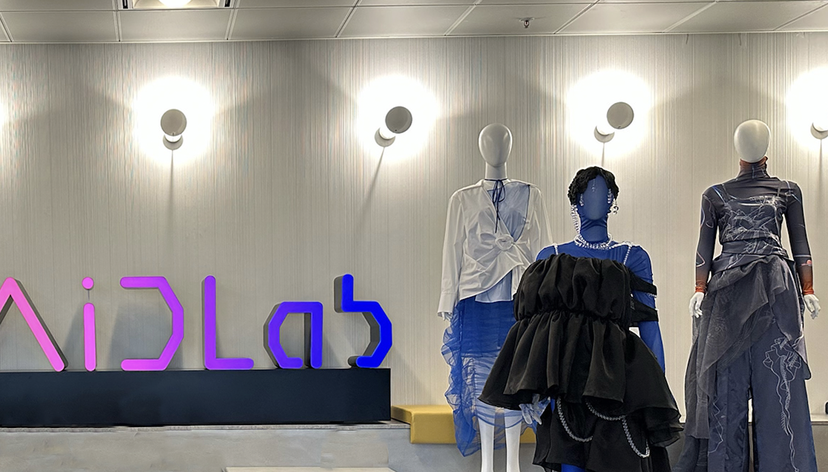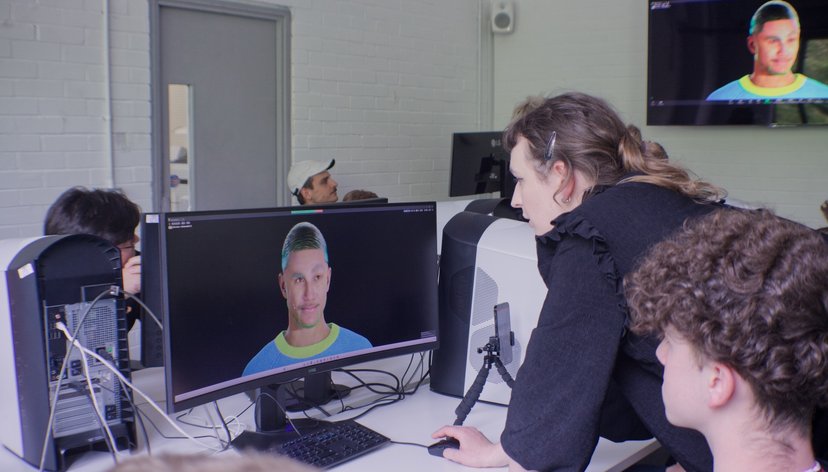
The RCA’s MA Service Design Programme collaborated with Rain-bird (intelligent automation platform) and EY (global consultancy) to develop cutting-edge AI-enabled apps that will help vulnerable banking customers better manage their finances and navigate the complex financial services industry.
At a glance
- Rainbird and EY offered industry knowledge and expertise to students enrolled on the RCA Service Design programme.
- The partnership examined how banking and financial systems can recognise and support vulnerable customers.
- Students presented their proposed apps to a distinguished panel and detailed the resources needed to bring their ideas to life, a clear timeline and implementation budgets.
- The proposed solutions align with guidelines set by the Financial Conduct Authority (FCA) on how to assist vulnerable people, and comply with GDPR.
“At the RCA Service Design course, we apply design approaches and methodologies to some of the biggest problems facing society and businesses. The opportunity to work with Rainbird, to develop new ways of identifying and helping people in vulnerable circumstances, fits perfectly that ethos. Our students have the opportunity to experiment and shape how AI and financial services can create real solutions to these problems.”
Head of Service Design
Key details
More information
The challenge
With an expected increase in the number of people classified as a ‘vulnerable customer’, following the severe economic impact of the coronavirus pandemic, there has never been a more pressing time to help those struggling to navigate the financial services landscape.
Our approach
MA Service Design students conducted face-to-face interviews with people categorised as vulnerable (prior to social distancing guidelines), to ensure a human-centred approach to the AI solutions they created.
Outcomes
The outcomes included mapping out a wide range of vulnerability use cases and value propositions, including:
- A preventive service that applies consumer gamification and incentives to nudge users towards positive behavioural changes. The service is designed to use Rainbird to generate a 'wellbeing score' that helps banks recognise those who need extra support.
- A service aimed at preventing financial abuse by improving the joint account service for couples. One in five adults is a victim of financial abuse (most of these being women). The service is designed to use Rainbird to identify potentially vulnerable people by analysing suspicious transaction patterns, unusual behaviour and words used in help centres.
- A service designed to boost financial literacy among young people, whom are highly represented among vulnerable customers. The service would use Rainbird to identify the potentially vulnerable, based on multifactorial signs of low resilience (e.g. low savings or over-indebtedness), and deliver automated, contextual advice.
Ask a question
Get in touch to find out more about this or any of our other research projects.
tatiana.schofield@rca.ac.uk









